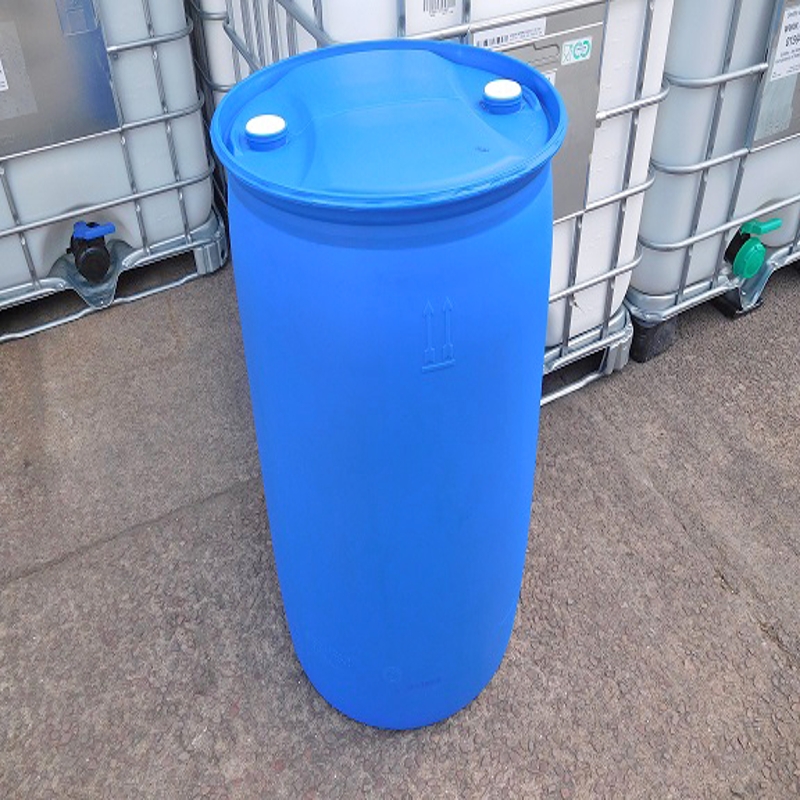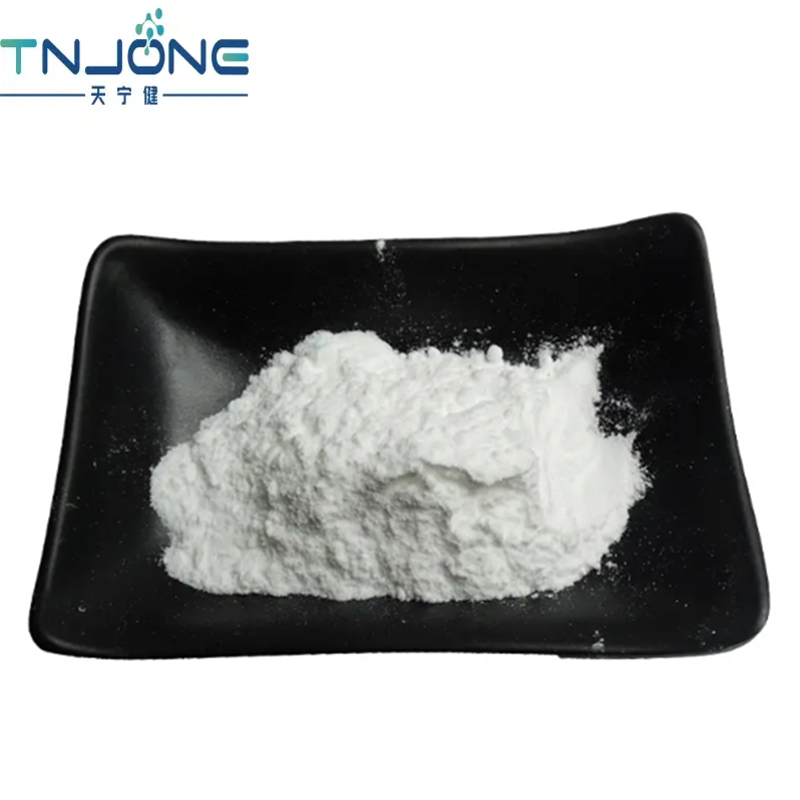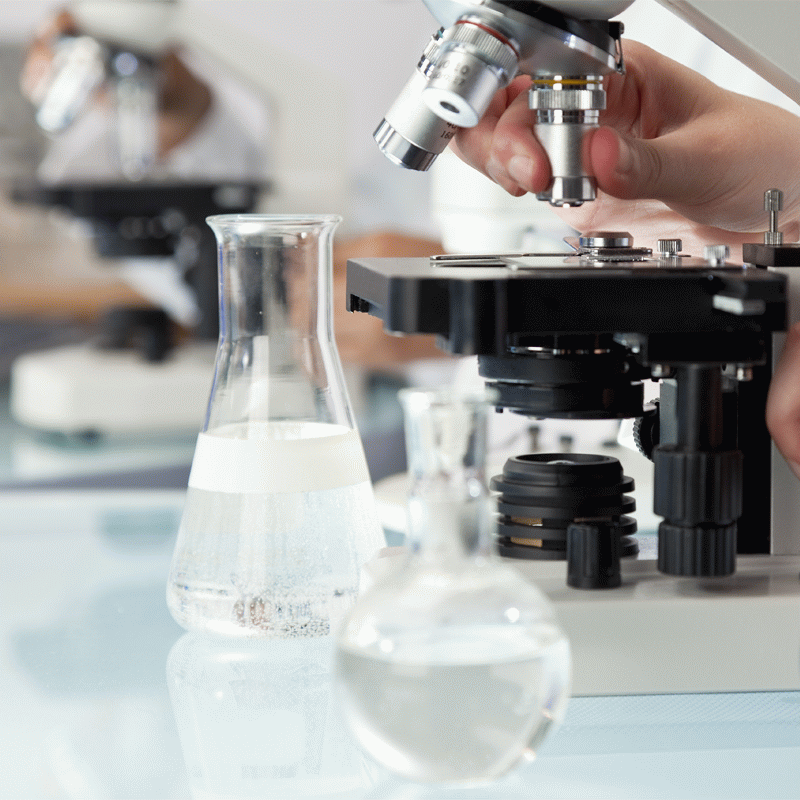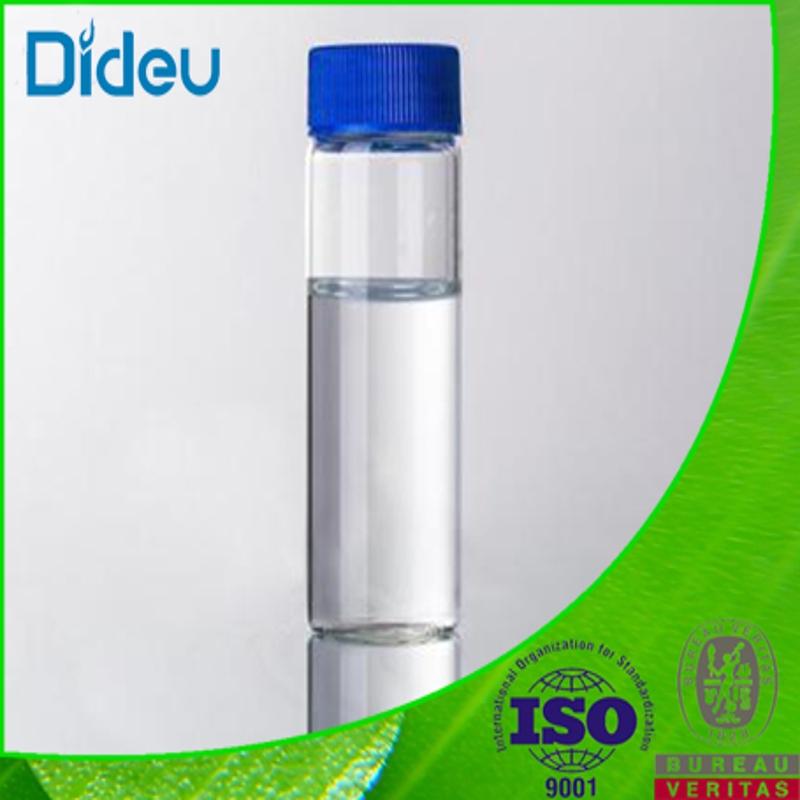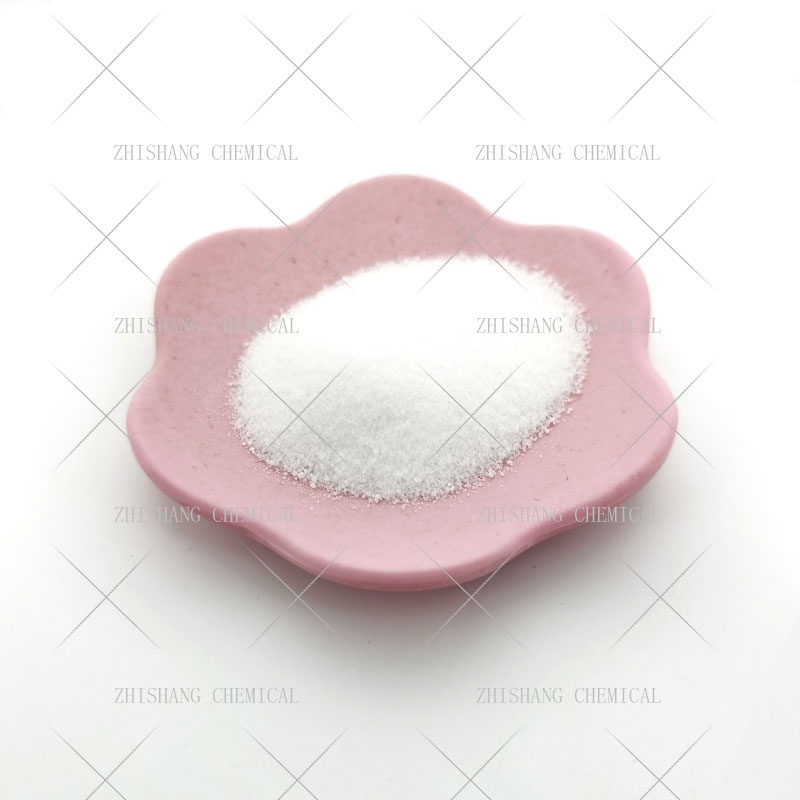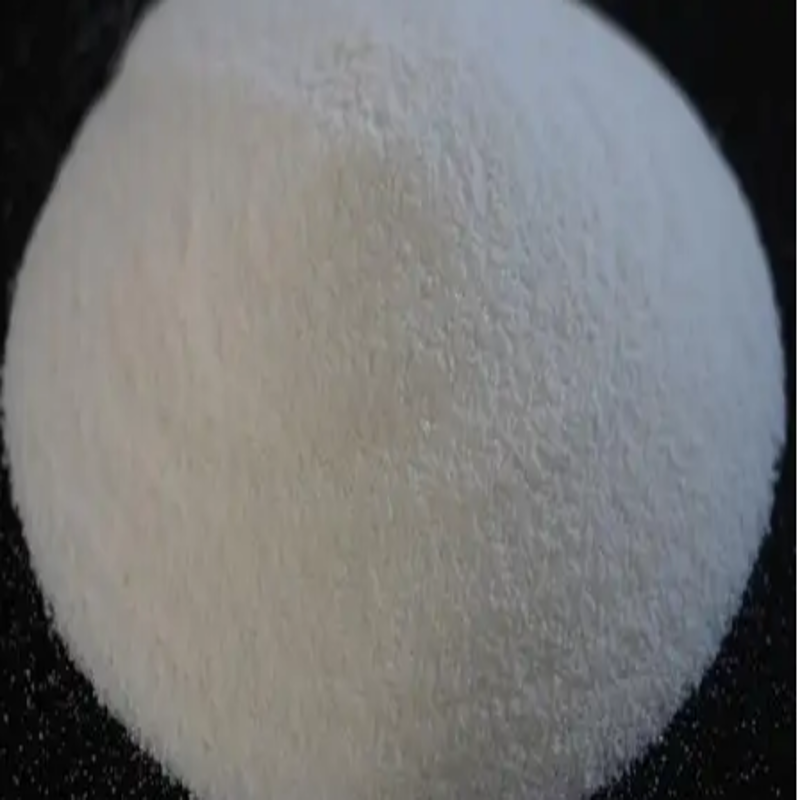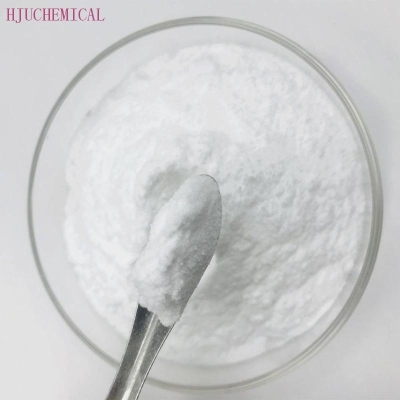Cosmetic Ingredient
- • Abrasive (124)
- • Absorbent (84)
- • Anticaking (66)
- • Anticorrosive (25)
- • Antifoaming (19)
- • Antimicrobials (290)
- • Antioxidant Ingredient (393)
- • Antiperspirant (20)
- • Antiplaque (48)
- • Anti-seborrheic (38)
- • Anti-sebum (39)
- • Antistatic (458)
- • Astringent (162)
- • Binding Agent (172)
- • Bleaching Agent (53)
- • Buffering (191)
- • Bulking (109)
- • Chelating (122)
- • Cleansing (679)
- • Cosmetic Colorant (212)
- • Cosmetic Preservative (158)
- • Denaturant (45)
- • Deodorant (98)
- • Depilatory (27)
- • Dissolving Agent (298)
- • Emollient (795)
- • Emulsifying Agent (480)
- • Emulsion Stabilising (154)
- • Exfoliating (19)
- • Film Forming (299)
- • Flavouring (72)
- • Foam Boosting (161)
- • Foaming (101)
- • Fragrance Ingredient (726)
- • Gel Forming (19)
- • Hair Conditioning (670)
- • Hair Dyeing (363)
- • Hair Fixing (36)
- • Hair Waving or Straightening (45)
- • Humectant (282)
- • Hydrotrope (92)
- • Keratolytic (20)
- • Light Stabilizer (80)
- • Moisturising Agent (50)
- • Nail Conditioning (42)
- • Occlusive (20)
- • Opacifying (119)
- • Oral Care (123)
- • Oxidising (19)
- • Perfuming (2105)
- • Plasticiser (98)
- • Propellant (19)
- • Reducing (50)
- • Refatting (12)
- • Refreshing (26)
- • Skin Cleansing (388)
- • Skin Conditioning (1751)
- • Skin Humectant (21)
- • Skin Protecting (282)
- • Smoothing (31)
- • Soothing (71)
- • Tonics (155)
- • UV Filter (34)
- • Viscosity Controlling (532)
Chemicals as Skincare Ingredients
Related News
-
Price Surge Alert as Major Suppliers Increase Barium Sulfate Costs by 200 Yuan per Ton
2025-03-20 -
Shell Considers Partnering with the U.S. and Closing European Chemical Assets
2025-03-26 -
Quaker Houghton Acquires Dipsol Chemicals, Strengthening Advanced Solutions Portfolio
2025-03-27 -
AstraZeneca to Invest $2.5 Billion to Establish Global Drug R&D Center in Beijing
2025-03-25 -
Saudi Aramco CEO: Invest in downstream projects in China's energy, chemical and other fields
2025-03-28 -
Dow's Silicones Downstream Expansion Project in Zhangjiagang Launches and Drives Market Innovation
2025-03-21
Sort Viscosity Controlling Alphabetically
Viscosity Controlling
Nylon 6
(25038-54-4)-
Industrial Grade / 99.0%
$1/MT FOB
-
-
Industrial Grade / 98%
-
Industrial Grade / 99.99%
$2800-3200/MT FOB
Nylon 66
(32131-17-2)-
Chemical Grade / 99%
-
Industrial Grade / 100%
-
-
- / 99%
Natural Rubber
(9003-31-0)-
Food Grade / 99%
-
Industrial Grade / 99%
-
-
N-Carboxymethylchitosan
(83512-85-0)-
Healthcare Grade / -
-
Food Grade / 99%
$15-18/KG FOB
-
- / 99.00%
-
- / 99%
$100/KG EXW
Request for quotation , get quotes from more suppliers.
-
- / 99.00%
-
A / 99.5%
$300-340/MT FOB
-
industrial Grade / 98%
-
Request for quotation , get quotes from more suppliers.
Source Viscosity Controlling Products Supply
N,N-Bis(3-aminopropyl)dodecylamine
(2372-82-9)-
Industrial Grade / 99%
-
Industrial Grade / 98%
-
- / 99.00%
-
Reagent Grade / 99%
$20-24/KG FOB
Request for quotation , get quotes from more suppliers.
N-(2-Hydroxyethyl)acetamide
(142-26-7)-
Pharmacy Grade / 99%
-
![N-(2-Hydroxyethyl)acetamide buy N-(2-Hydroxyethyl)acetamide]()
-
![Acetic Monoethanolamide buy Acetic Monoethanolamide]()
Industrial Grade / 99.0%
-
![N-(2-Hydroxyethyl)acetamide buy N-(2-Hydroxyethyl)acetamide]()
Industrial Grade / 99%
Request for quotation , get quotes from more suppliers.
-
- / 99.00%
-
Pharmacy Grade / 99%
-
industrial Grade / 98%
-
![N-Dodecyl-N,N-dimethyl-3-ammonio-1-propanesulfonate buy N-Dodecyl-N,N-dimethyl-3-ammonio-1-propanesulfonate]()
Industrial Grade / 99.0%
Request for quotation , get quotes from more suppliers.
N-Stearoylethanolamine
(111-57-9)-
Reagent Grade / 99%
$50-55/KG FOB
-
Industrial Grade / 99%
-
-
industrial Grade / 98%
Request for quotation , get quotes from more suppliers.
-
Cosmetics Grade / 99%
-
- / 99.00%
-
Industrial Grade / 99%
$140-160/KG FOB
-
![N'-Laruoyl-L-lysine buy N'-Laruoyl-L-lysine]()
Industrial Grade / 99%
Request for quotation , get quotes from more suppliers.
Source Viscosity Controlling Raw Materials by Region
More Information
Viscosity refers to a product's thickness and its resistance to deformation when force is applied, influencing how it flows and feels upon application.
In cosmetics, maintaining optimal viscosity is essential for product stability. For instance, if an emulsion is too thin, there's a risk of phase separation between oil and water components, leading to an unstable formulation that requires constant agitation or becomes ineffective over time. Similarly, in products containing suspended particles like color cosmetics or mineral sunscreens, inadequate viscosity can cause the particles to settle, resulting in formulation instability.
Main factors in viscosity controlling:
•Selection of rheology modifiers
•Concentration of thickeners or thinners
•Temperature effects
•Shear rate and shear stress
•pH of the formulation













